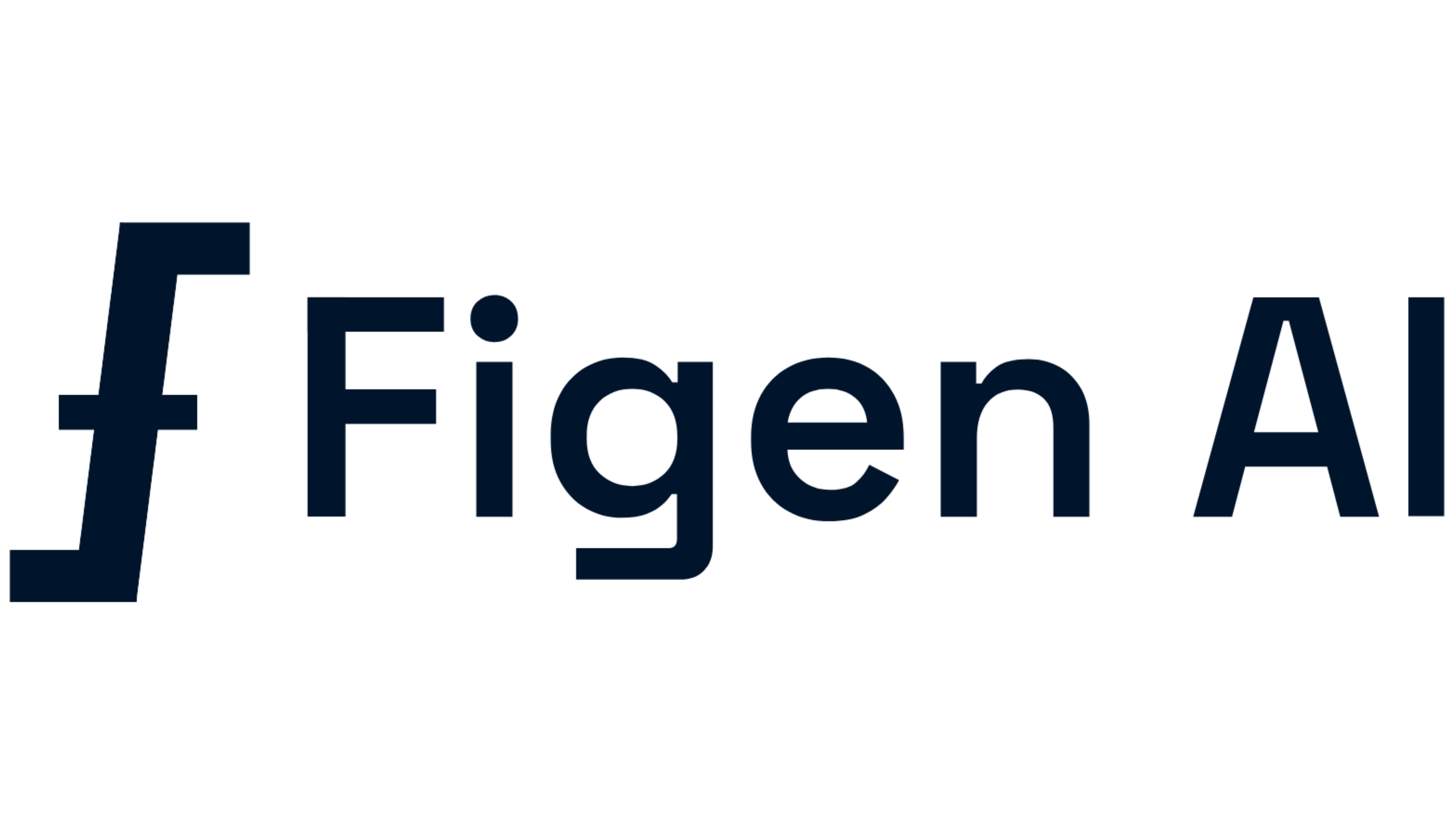12 reasons why AI will boost your business growth!
or how to prevent the best experts from disappearing In recent years, the advisory profession within a wealth management firm or management company has been disrupted by a combination of phenomena: the proliferation of standards (MIFID II, PRIIPs, DDA, AML-CFT, GDPR), an explosion of competition, demands for ultra-personalization from clients, and pressure on margins. Firms are faced with a growing administrative burden that is eating into their analysis time and their availability for client relations. A McKinsey study shows that advisors spend up to 70% of their time on non-advisory tasks , to the detriment of personalized wealth management support. Faced with this overload, artificial intelligence is making a discreet but decisive entrance. According to the BNP Cardif barometer cited by the CNCGP, 82% of CGPs consider AI essential and 50% want to train their teams in these tools . AI is not a fad: it is establishing itself as a lever for productivity, compliance, and differentiation. Beyond gadget tools, specialized cognitive assistants are beginning to transform uses: real-time report generation, document synthesis, chatbots trained on regulatory and asset corpora, portfolio analysis, etc. At FIGEN AI, we develop agents that produce comprehensive asset reviews, regulatory adequacy reports, or real estate pitches in minutes, while leveraging human expertise and securing the authenticity of sources. Here are twelve concrete reasons why AI will not only lighten your daily life but, above all, trigger a new cycle of growth to lighten the daily lives of wealth management professionals and asset management companies . The equation that kills Imagine two identical advisors, with the same training, experience, and network. The first spends his mornings compiling financial statements and his afternoons formatting MiFID II reports. The second delegates this paperwork to AI and devotes 100% of his time to understanding his clients and designing their strategies. In five years, which one will have the most clients? The answer is obvious. What's less obvious is why do 80% of advisors continue to choose the losing option? Disruption never comes from where you expect it. Netflix didn't kill Blockbuster with better movies, but with a different business model. AI won't replace advisors with better algorithms, but by revealing the absurdity of our time allocation. Here's how to escape this deadly logic. The twelve changes in wealth management
-
Time compression The value isn't in the document, but in the conversation that flows from it. AI produces the material, you create the meaning. • The problem : A complete financial statement takes 6-8 hours. Data collection, formatting standardization, tax calculations, and formatting. By the end, you know your client's assets, but you don't know them.
• The AI solution : Automatic ingestion of banking data (DSP2), instant normalization, parallelized calculations. Production time: 20 minutes. Time freed up: 7 hours to understand why Mrs. Martin really wants to sell her company shares.
-
Augmented reading In a world of infinite information, curation becomes more valuable than creation. Your expertise is no longer about knowing everything, but about knowing what to look for. • The problem : Your clients are accumulating thousands of pages of documentation. 200-page prospectuses, Kafkaesque terms and conditions, soporific annual reports. Critical information drowned out by regulatory noise.
• The AI solution : Reading agents that detect sensitive clauses, compare hidden fees, and translate legal jargon. They don't read everything—they find everything that matters.
-
Complexity modeling Financial complexity is not a problem of knowledge, but of representation. Whoever masters representation masters the market. • The problem : Knock-out certificates, private equity with a catch-up mechanism, multi-support life insurance with automatic arbitrage. How do you explain to a client what took you three hours to understand?
• The AI solution : Simulation of 10,000 scenarios in real time, interactive visualization of pay-offs, automatic detection of risk areas. AI doesn't simplify the product—it simplifies its understanding.
-
Controlled ubiquity Customer attention isn't divided, it's multiplied. But beware: 84% of customers want a human to make decisions. AI informs, you influence. • The problem : Your clients have questions at 10 p.m., emergencies on Sundays, and needs during their vacations. It's impossible to be everywhere, and it's risky to delegate haphazardly.
• The AI solution : Conversational avatar that responds with your words, qualifies with your criteria, and escalates according to your rules. 24/7 availability, 100% consistency.
-
Algorithmic authority Authority is built through repetition, not inspiration. Systematize your thinking, automate its dissemination. • The problem : LinkedIn punishes irregularity, rewards originality. Creating relevant content each week requires 10 hours of brainpower. Who has that time?
• The AI solution : Recycling your customer notes into generic insights, structuring your ideas into articles, automated editorial planning. Your expertise becomes your content.
-
Offensive conformity Don't submit to regulations, exploit them. Your competitors see them as a constraint, you use them as an advantage. • The problem : MiFID II, DDA, and GDPR turn every recommendation into an administrative obstacle course. Compliance becomes a pure cost, with no perceived added value.
• The AI solution : Automatic generation of suitability reports, complete source traceability, time-stamped archiving. Compliance becomes a sales pitch: "This is why my recommendation is legally unassailable."
-
Industrialization of analysis Comprehensive analysis is becoming the norm, not the exception. Those who master large-scale analysis capture important mandates. • The problem : Comparing 3 SCPIs based on 8 criteria = 24 data points to manually cross-reference. With 50 products and 15 criteria, you reach 750 comparisons. Impossible without errors, endless without help.
• The AI solution : Automatic standardization of heterogeneous metrics, detection of presentation bias, highlighting of significant deviations. Analysis time: from 3 days to 3 minutes.
-
Systemic comparison In a universe of 15,000 funds, the ability to compare becomes more strategic than product knowledge. • The problem : KIID, prospectus, volatilities, ESG rating, sector exposure: scattered data, incompatible formats, asynchronous updates. Comparing is translating.
• The AI solution : Multi-source ingestion, automatic standardization, geographic duplicate detection, drift alerts. A single reading grid for all products.
-
Calculated proactivity Reactivity is an illusion of service. Proactivity is the only true differentiation. • The problem : Following up with 300 clients reactively = dealing with 300 different calendars. Forgotten rebalancing alerts, missed tax opportunities, missed deadlines.
• The AI solution : Unified customer cockpit, personalized alerts by profile, content triggered by regulatory news. You anticipate instead of playing catch-up.
-
The default premium Don't fight on price, fight on perceived value. AI makes that value measurable. • The problem : Boursorama charges €2 per order, while Yomoni charges a 0.6% management fee. How can you justify 1.5% when execution is becoming commonplace?
• The AI Solution : Tangible demonstration of your added value. "Here are the 47 optimizations our AI detected in your portfolio this month." Visible, billable, defensible premium service.
-
Increased responsibility Legal responsibility isn't shared, but it is secured. AI becomes your evidence system. • The problem : The AMF holds you accountable for your recommendations, even if they are based on third-party analyses. How can you delegate without abdicating?
• The AI solution : Complete source traceability, explainability of calculations, time-stamped archiving. You delegate execution, you retain control.
-
Back to basics Your degree trained you to think, not to grasp. Get back to your core business. • The problem : You've learned to advise, but you spend your time administering. There's a growing gap between initial training and daily reality.
• The AI solution : Automation of everything that's not strategic. Meeting notes, CRM updates, administrative follow-up, document research. You become an advisor again. The Three Laws of Transformation • First Law - Amplification : AI doesn't replace your skills, it multiplies them. One good analyst with AI beats ten analysts without AI.
• Second Law - Polarization : AI widens the gap between the best and the rest. It turns good advisors into great ones, bad ones into obsolete ones.
• Third Law - Acceleration : This transformation won't take 20 years like the internet, but 24 months. Early adopters capture everything, while latecomers don't survive. Conclusion: AI does not replace humans, it reveals them AI isn't a futuristic gadget: it's a production, analysis, and communication tool that's already at the heart of the wealth management profession. It reduces the time spent on balance sheets, contract reviews, report writing, and communication. It allows you to turn every document into an advantage, create impactful content, ensure seamless compliance, and continuously meet client expectations. It also offers monitoring, comparison, and scenario-building capabilities that only a data scientist could previously achieve. But AI doesn't strip advisors of their expertise. Surveys show that customers remain committed to human connection and personalized advice. What's changing is the level of demand: they want an augmented, responsive, and visionary advisor. By adopting AI, you don't dilute yourself in technology; you become the pilot of an arsenal of tools that will make you more relevant, more available, and more creative. The critical moment Here's the uncomfortable truth: AI reveals that 70% of our daily work adds no value. We knew it, we accepted it, and we factored this inefficiency into our fees. This era is ending. Customers will soon discover that an AI-powered advisor can do in two hours what takes you a day. With the same quality. At a lower cost. You have two options: Option A : Carry on as before and discover in 18 months that your best customers have left for "oddly more responsive" competitors. Option B : Accept that AI will cannibalize the part of your job that consists of being a sophisticated pen-pusher to reveal your true value: strategist, psychologist, heritage architect. Option B requires recognizing that our technical training has equipped us well in knowledge and less in listening skills. Admitting that our clients pay primarily for our judgment, not our calculations. This lucidity becomes a decisive competitive advantage. While your colleagues defend the indefensible (the usefulness of spending 6 hours on a financial statement), you build the indispensable: a customer relationship that no machine can reproduce. This is the choice of 800 heritage professionals who have adopted Figen AI in 6 months, and you?




